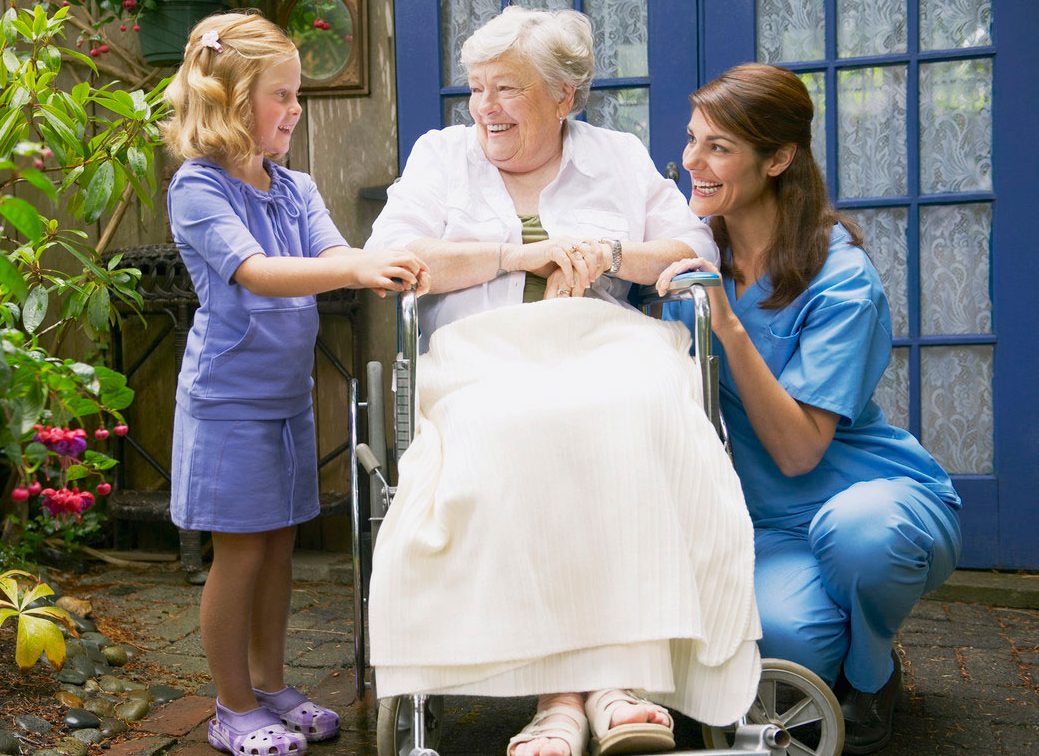Nursing Homes Have Few Beds for Patients with Extreme Obesity

Obesity makes you need more help even when you’re young. Older, very obese patients in a hospital may wait for months before finding a slot in a nursing home.
As Americans age and grow heavier, more people with obesity have needed nursing home care. About a quarter of nursing home residents may be classified as having severe obesity.
For the very biggest, it can be hard to find a spot.
“We can’t go over 600 pounds,” one nursing home director said in a survey, explaining that special beds for such patients can manage only 550 pounds, and they need special mattresses to avoid skin problems. (Standard beds can hold 350 pounds).
Other homes have lower cut-offs when size keeps residents out, often because of staff shortages.
YOU MIGHT ALSO LIKE: How to Keep Your Independence as You Age
Some people seeking beds expect to live the rest of their days in care. “Weight alone may be enough reason for someone to require nursing home care. If a person needs two people to lift, turn, or care for them, it may be unsafe for them at home or assisted living,’’ notes care manager Amanda Lambert.
But others who need special care are young and middle-aged adults in the hospital, recovering from a stroke, injury, or other health problems. If they were lighter, they could go home or to an assisted living facility, but their extra pounds often rule that possibility out. Because nursing-home beds are scarce, they may stay in the hospital for months or end up in a residence far away from their families.
As more patients get access to diabetes medications that promote weight loss or have weight-loss surgery, the number of people living with obesity may drop. But those solutions cost money, and there are plenty of candidates in need. About 42 percent of U.S. adults and 20 percent of children cope with obesity, especially in rural areas and low-income groups.
Although being heavy is not a reason for shame, don’t believe anyone who says it isn’t a medical risk. Obesity lowers your median survival from 8 to 10 years because of the accumulated effects of related illnesses, including type 2 diabetes and dementia. Being obese during mid-life means you’re more likely to need nursing home care, enter at a younger age, and die younger in the home, compared to people who aren’t obese.
Once you’re in a home, you’ll need more care if you’re very heavy, to handle the effects of high blood pressure, arthritis, pressure ulcers, renal failure, and wound infections.
Nursing homes are preparing for even more phone calls seeking beds for very heavy people.
To meet the need, one type of facility specializes in bariatric care. As Lambert explains, even if a nursing home accepts you or your loved one, you’ll need to be sure it has the staff and equipment required, for example, to lift a patient often enough to prevent bed sores.
One staffer can help a resident dress and sit in a chair within 15 minutes, but if the resident is severely obese, the same tasks can take an hour with two staffers. It is also harder to bathe such patients or get them quickly to the hospital in emergencies.
Older buildings may need wider door frames and new plumbing to fit extra-strong toilets. Patients with extreme obesity need:
- Motorized lifts
- Larger wheelchairs
- Bedside commodes and shower chairs
- Customized physical therapy
- Other extras like special blood pressure cuffs
Staff need training to help those patients with compassion. Medicaid covers six in 10 nursing home residents — but state laws vary in what extra services and equipment Medicaid will cover. In general, homes with many Medicaid-covered residents may be less prepared to handle care for obese patients.
Talk to heavy family members as soon as possible. Caring for an obese parent or spouse at home can become overwhelming or dangerous, as one daughter wrote to caring.com, a website with services and information for caregivers:
“Help! I don't know what to do. My father is 61 years old and weighs about 500 pounds. He can't stand, nor can he barely move. In the last three weeks, he has fallen five times and couldn't get up any of those times. He has had to call 911 each time to have them send the fire department to come lift him up. It's taken five people each time to lift him up.
“My mom has to bring all of his meals to him. My mother can't take it anymore — I fear she is close to having a mental breakdown. My father refuses to believe that his weight is a problem.”
Updated:
December 18, 2023
Reviewed By:
Janet O’Dell, RN